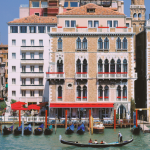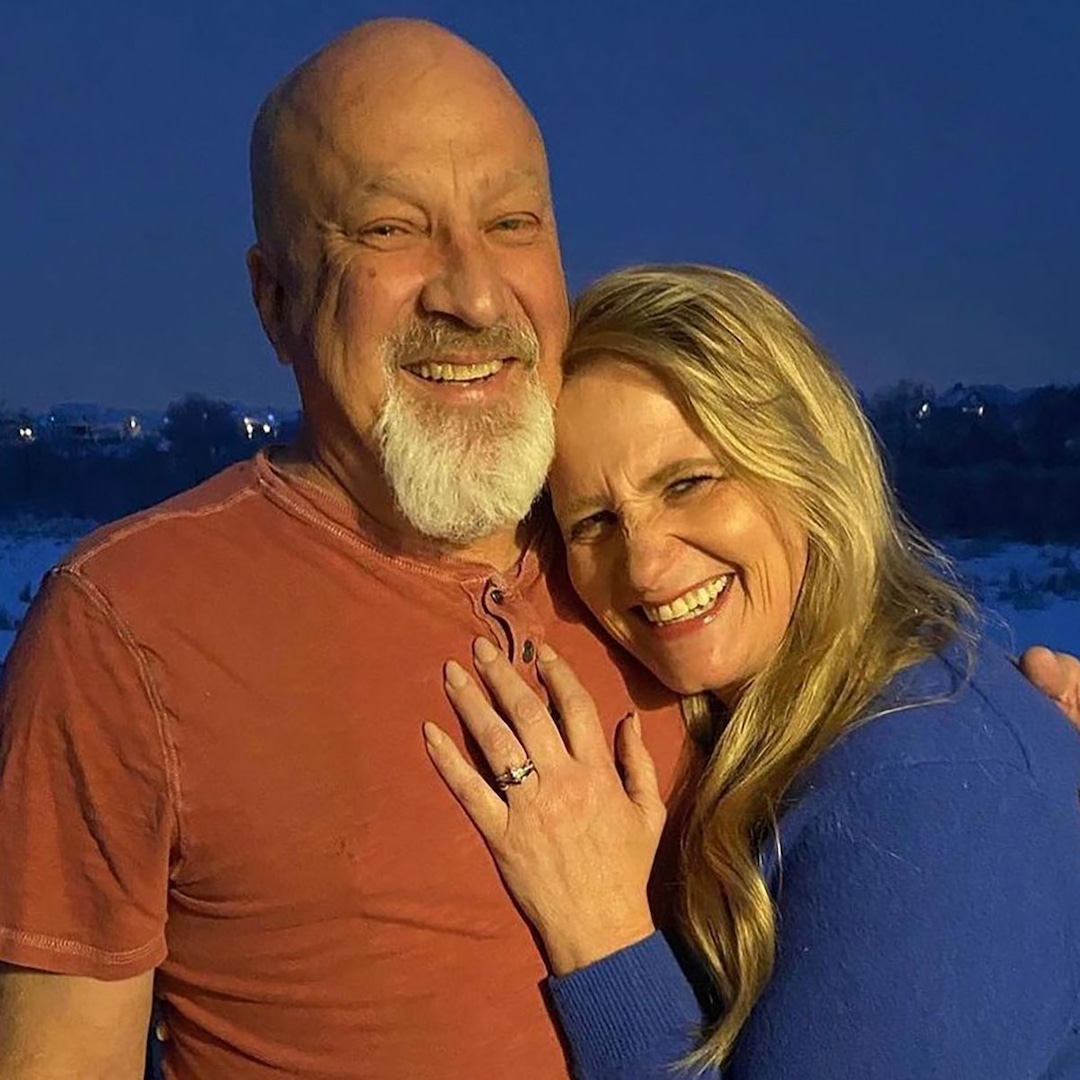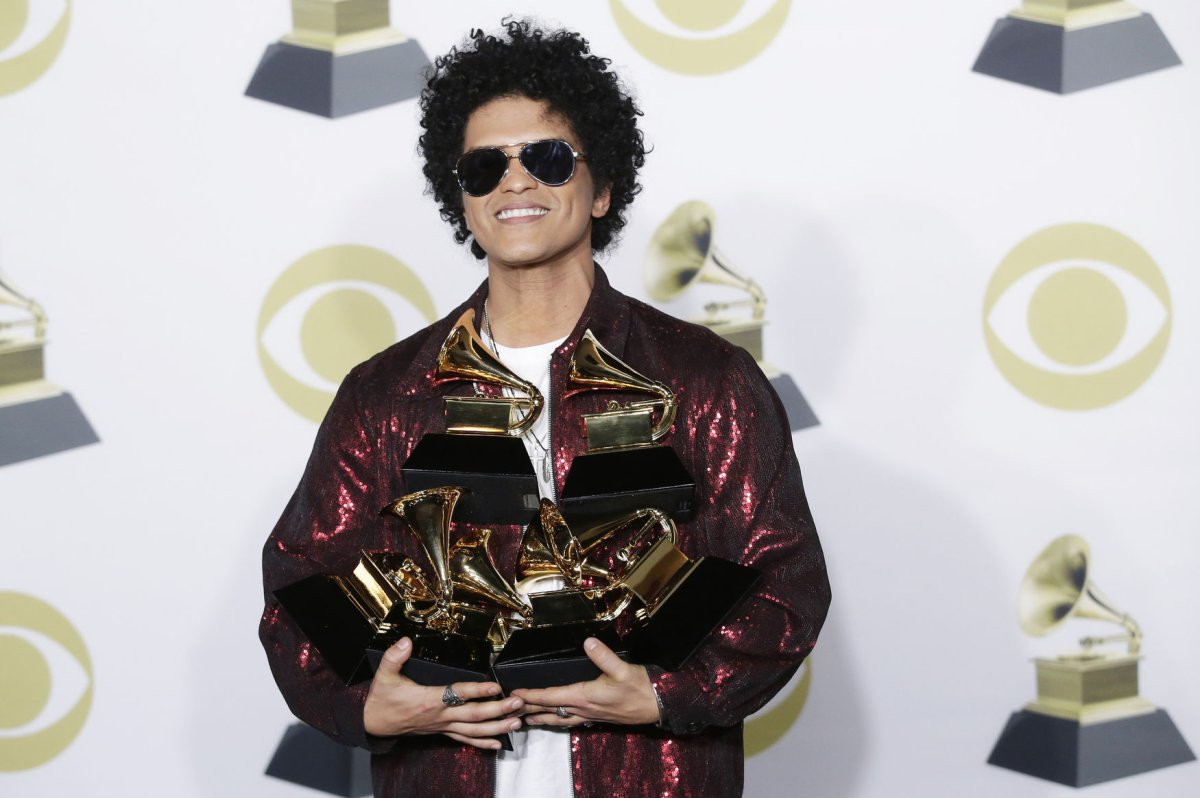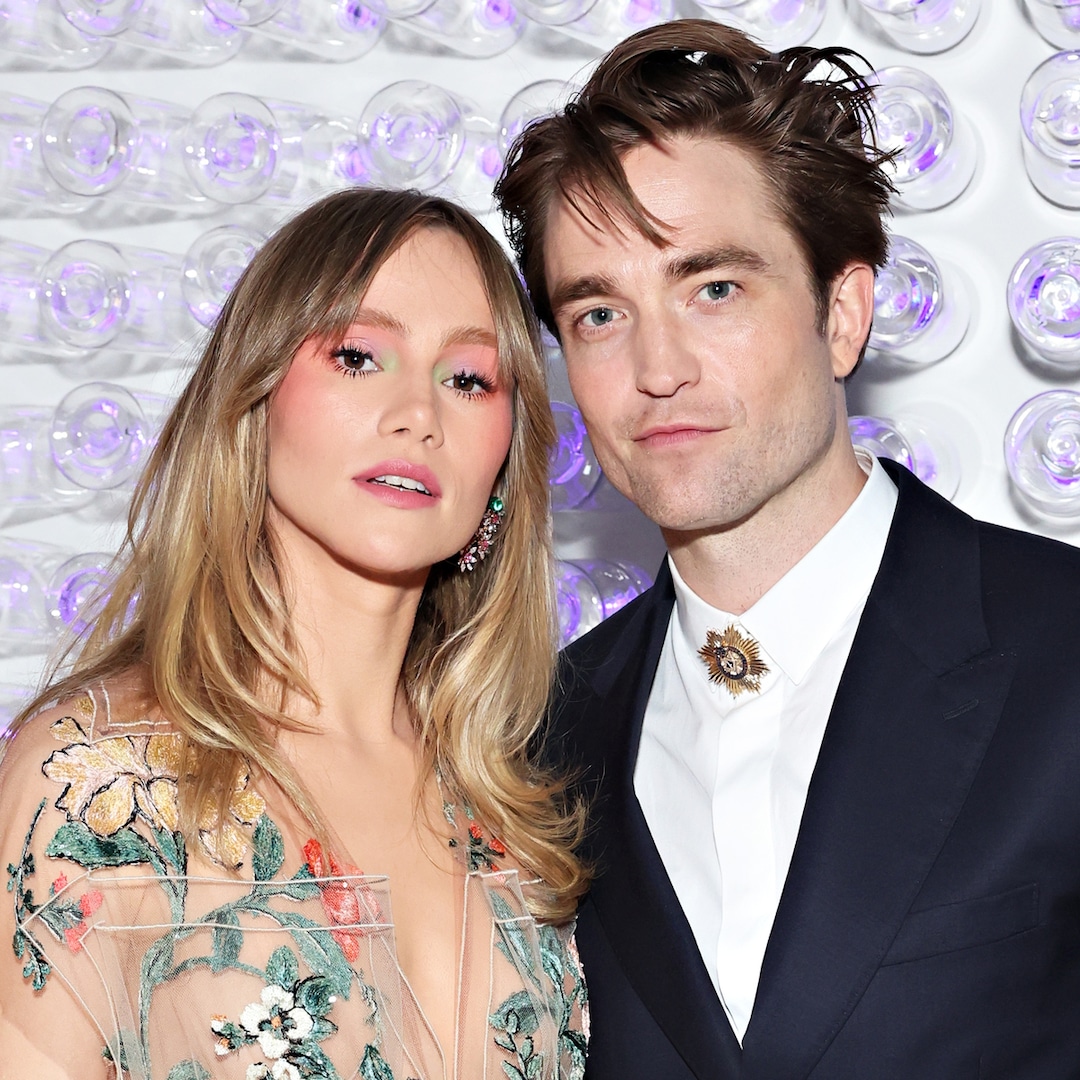Since its first episode in March 2019, the mockumentary “What We Do in the Shadows” has opened a vein of comedy as the show’s ancient vampires, dressed in period costume, do their dark, bawdy business in modern-day Staten Island.
On every episode except the pilot, costume designer Laura Montgomery has been making the incredible credible through five seasons, with a sixth in the works. She began as assistant costume designer and advanced to department head in Season 3. The FX series, which shoots in Toronto, has racked up 21 Emmy nominations, and last year, Montgomery and her crew won for fantasy/sci-fi costumes, the production’s first and only Emmy.
This year, the costume team has more awards recognition: an Emmy nomination that includes assistant designer Barbara Cardoso and supervisor Judy Laukkanen. Throughout the season’s 10 episodes, the vampires ventured into people- — and creature- — heavy scenarios that stretched the designers’ skills and imagination.
The addition of a nightclub to the series meant that vampires Nadja (Natasia Demetriou) and The Guide (Kristen Schaal) get glamorous, modern club wear.
(FX Networks)
“That was the first season where we had an entire season of new looks,” Montgomery says. Vampires Nadja (Natasia Demetriou) and the Guide ( Kristen Schaal) opened a nightclub, the men went hunting, Nandor (Kayvan Novak) got married, and the infant that erupted from the carcass of Colin Robinson (Mark Proksch) grew rapidly to maturity, requiring new looks and fits for the child actors who represented the evolving Colin.
“The nightclub meant we had to create clothes we had never seen, particularly for Nadja and the Guide. They never had any clubwear,” she said. Now the actors have closets of sparkly dresses, sexy catsuits, shiny motorcycle jackets, vivid fur coats and surreal accessories. The clubgoers added to the visual excess with their own version of goth chic.
And since this is a vampire show, there will be blood (even the nightclub has blood sprinklers). That meant making copies of costumes or detachable parts to swap in quickly for any retakes of blood-soaked scenes. The season also was consistently crowded with actors who needed interesting clothes, notably on an excursion through a ghoulish night market. Nandor also was magically able to resurrect his former wives to find the one who will be his one true love.
“There were actually 37 of them, and they were all different and included a set of twins as wives. They were fraternal twins — because the wives were men and women — who dressed identically,” Montgomery says. Using the idea that Nandor, an ancient warrior, would pick up wives from regions he’d conquered, and that they were of different ethnicities, the team assembled period costumes that spanned time and geography.
“We tried to get it as authentic as possible,” Montgomery says. Through a combination of rental, thrifting and sourcing online at such sites as Etsy, the team dressed the past wives but built custom costumes for his eventual bride, Marwa (Parisa Fakhri).

Nandor (Keyvan Novak) wears a red quilted, fur-lined jacket, while Nadja (Natasia Demetriou) wears pink chenille, which she thinks makes her look more parental as they pretend to be a couple.
(Russ Martin/FX)
The episode that was offered for award consideration, “The Wedding,” from Season 4, tested the costume team’s limits, as Nandor married and became obsessed over every detail of an over-the-top ceremony.
“It’s not your regular wedding where you can go rent some formalwear. It’s vampires and creepy creatures,” Montgomery says. She had only 10 days to prepare for the episode, which packed surprises.
“I didn’t anticipate that, 10 pages in, there also would be a makeover montage with scripted beats,” a series of looks that mostly featured Nadja and the Baron (Doug Jones).
“The Baron is a charred, limbless torso. And in the montage, he’s dressed like a child sailor. Then he’s in a picnic basket in a costume matching Nadja on a bicycle. [Then] he’s a Southern belle. And then it’s Nadja and the Guide doing ‘70s prom. It was build, build, build. The list of costumes to produce was just mounting. And there’s nowhere you can go to buy or rent a child sailor suit scaled to somebody with no legs — unfortunately. Now,” she says with a laugh, “there is one that exists.
“It was a matter of prioritizing all of that. It was: How are we going to produce this amount of costumes in a really short amount of time? And we want to do our best for it. So with the Baron and Nadja and the bicycle, we built his little jacket and her striped costume. And it ended up that the stripes were a bit bright, so we airbrushed the fabric down to make them look a bit aged,” she says.

“Gizmo,” as the vampire Laszlo calls Harvey Guillen’s Guillermo, steps out of his timid style with a bold Versace shirt.
(Russ Martin/FX Networks)
The wedding also included formalwear for creatures. “There was a quadrupedal being with wings and a tail, and he needed a tuxedo. We can’t buy that. We can’t rent that. That’s another build,” she adds. Nadja’s look-alike doll was the wedding’s flower girl, and her tiny dress was made to match Nandor.
And, of course, the bridal couple had to look fabulous.
“The groom was the big focus, because in the script he’s a groom-zilla, so we put a lot of resources into him,” she says. Nandor is nothing but resplendent in layers of golden, intricate fabrics and trim in a style that recalled his Persian heritage. And his bride almost outshone him.
“We didn’t have time to make a wedding dress, so we got a ball gown from David’s Bridal and yards and yards of gold lace, silver lace, metallic lace and appliquéd all of the lace,” Montgomery says. “We wanted to give her the Persian princess fantasy.”
Nearly every character in the season evolved and required clothes that illustrated their change of place or purpose, whether they were in hunting, construction worker or cowboy gear, designer clothes purchased with embezzled funds, or clothes to masquerade as normal humans. Montgomery has been helping the stuck-in-time vampires evolve, too, by slowly bringing them literally out of the shadows with colors and textures that help the camera capture the candle-lit details of their clothes.
Every season, with a modest budget and the non-Hollywood resources of Toronto, Montgomery finds herself pushing the limits. “It’s a lot of coming up with new ideas,” she says. “You have to think, how do you one-up yourself? How do we raise the bar one more time?”
It takes a lot of blood — and sweat and tears.










